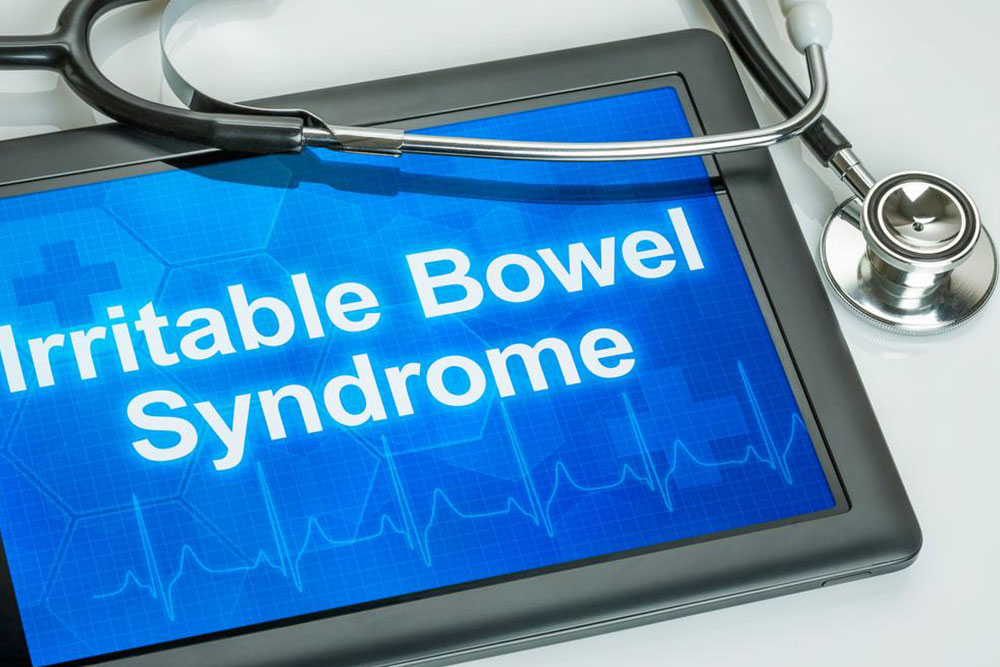Understanding Common Causes of Abdominal Discomfort and When to Seek Medical Attention
Abdominal discomfort can stem from various causes, including gastrointestinal issues, menstrual cycles, or lifestyle factors. Recognizing symptoms like constipation, diarrhea, IBS, or heartburn is crucial for proper management. Persistent or severe pain should prompt medical evaluation to prevent complications. This comprehensive guide helps individuals understand the common causes of abdominal pain and when to seek professional help, promoting better health awareness and timely treatment.

Understanding Common Causes of Abdominal Discomfort and When to Seek Medical Attention
Abdominal discomfort is a widespread health concern that many individuals experience at some point in their lives. While occasional mild discomfort might be harmless, persistent or severe abdominal pain can indicate underlying health issues that require medical evaluation. Recognizing the various causes of abdominal discomfort can help manage symptoms effectively and determine when to seek professional health assistance.
In this comprehensive guide, we will explore the most common causes of abdominal pain, including lifestyle factors, gastrointestinal conditions, menstrual issues, and other health concerns. Understanding these causes can help you navigate your symptoms better and make informed decisions about seeking medical help.
Common Causes of Abdominal Discomfort
Each cause brings its unique set of symptoms and potential health implications. Early recognition can facilitate timely intervention, improving treatment outcomes and overall well-being.
Constipation
Normal bowel movements typically occur 5 to 15 times per week. Fewer bowel movements indicate constipation, which manifests through hard stools, straining during defecation, and occasional rectal bleeding. Constipation can be caused by inadequate fiber intake, dehydration, lack of physical activity, or certain medications.
Monitoring bowel habits is crucial; persistent constipation may lead to complications such as hemorrhoids or fecal impaction. Dietary modifications, increased fluid intake, and regular exercise often help manage this condition. Persistent or severe constipation should be evaluated by a healthcare professional to rule out underlying conditions like bowel obstructions or neurological issues.
Diarrhea
Diarrhea is characterized by frequent, watery stools caused by increased secretion of fluids into the intestines. It can be acute, lasting a few days, or chronic, persisting longer and often indicating an underlying health problem. Causes include infections, food intolerances, stress, or inflammatory bowel conditions.
Severe diarrhea can lead to dehydration, electrolyte imbalances, and nutritional deficiencies. Treatment involves rehydration, dietary adjustments, and addressing the root cause. Chronic diarrhea requires thorough medical investigation to diagnose conditions such as Crohn’s disease, ulcerative colitis, or parasitic infections.
Irritable Bowel Syndrome (IBS)
IBS is a common functional gastrointestinal disorder that alters normal bowel habits, causing either diarrhea, constipation, or alternating patterns. Symptoms include bloating, gas, cramping, and food intolerance. Though the exact cause of IBS remains unclear, stress and diet play significant roles.
Management primarily involves lifestyle and dietary modifications, including high-fiber diets, stress reduction techniques, and avoiding trigger foods. Medications may be prescribed to control symptoms, but overall, IBS is a manageable condition with proper care.
Menstrual Cramps
Many women experience abdominal cramping during menstruation due to uterine contractions. Typically, these cramps are mild to moderate and resolve on their own. However, severe or persistent pain could indicate conditions like endometriosis or fibroids, which require medical evaluation.
Gas and Bloating
Accumulation of gas in the digestive tract, caused by undigested food or bacterial activity, often results in discomfort, bloating, and flatulence. Normal as part of digestion, excessive gas may signal digestive issues such as food intolerance, lactose intolerance, or irritable bowel conditions.
Certain dietary habits like swallowing air while eating or drinking carbonated beverages can exacerbate symptoms. If persistent or accompanied by other symptoms like weight loss or bleeding, a medical assessment is recommended to identify underlying issues.
Heartburn
Heartburn manifests as a burning sensation in the chest, caused by stomach acid refluxing into the esophagus. It can be triggered by certain foods, obesity, smoking, or lying down after meals. Symptoms include soreness, sour taste, hoarseness, difficulty swallowing, or a persistent cough.
Chronic heartburn, also known as gastroesophageal reflux disease (GERD), can cause damage to the esophageal lining and increase the risk of esophageal cancer. Effective management involves lifestyle changes, medications, or surgical interventions when necessary.
Awareness of these common causes of abdominal discomfort empowers individuals to take proactive steps towards their health. While occasional symptoms are usually benign, ongoing or severe pain warrants prompt medical consultation. Early diagnosis and treatment can prevent complications and improve quality of life.





